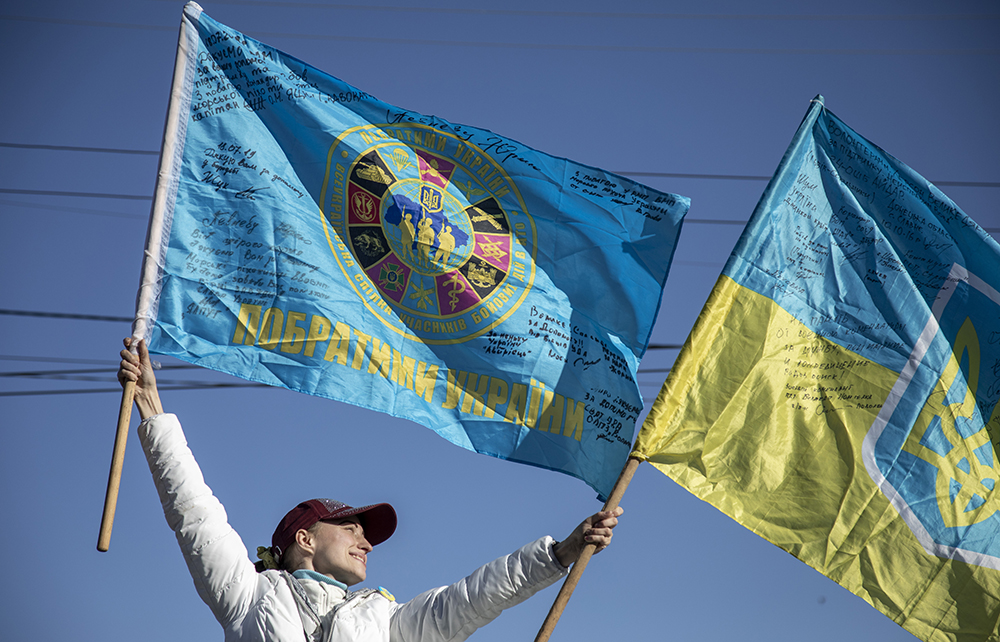The Ukrainians have been giving numbers of ‘settlements’ that they have recovered. A friend asked whether the word used by English-speaking broadcasters was influenced by the Pale of Settlement of Czarist times. I was surprised and tried to find out.
As a starting point, the Polish-Lithuanian Commonwealth established the Warsaw Confederation in 1573, giving religious liberty to Catholics, Protestants, Orthodox, Jews and Muslims. This developed after 1791 (when Russia took over Poland and Lithuania) into a system by which Jews, principally, could live under restrictions only in territory on the marches of Russia. The Pale of Settlement took in much of today’s Ukraine, with White Russia (Belarus), Lithuania and Bessarabia (part of Moldova). The English phrase Pale of Settlement, however, was not used until 1891, translating the Russia chertá osédlosti. The Pale of Settlement in English was modelled linguistically on the Pale in Ireland, where English rule had held sway, and the Pale of Calais. They were called pales from the 15th century, meaning ‘areas’. The Russian osédlosti ‘settlement’ is an abstract noun meaning ‘residency’. It doesn’t mean a material settlement like a village.
We learn about Ukraine through this war in a way most of us would not have done otherwise. It has 24 oblasts divided into rayons. In 2020 the 490 rayons were amalgamated into 146. Below that level, 27,190 villages are organised into 10,278 rural councils. I think smaller rural villages are referred to when the briefings speak of settlements.
Rural councils are hromadas in Ukrainian. They are what we called Rural District Councils (abolished in 1974), now Districts. The hromada of Chornobaivka in the rayon of Kherson includes nine settlements, such as Barvinok (pop. 127), and Posad-Pokrovske (pop. 2,349), which was recovered by Ukraine in September. A Spanish newspaper calls Posad-Pokrovske an aldea, Spanish for a pueblo pequeño, in English a village or hamlet (if it has no parish church). By the way, the Spanish for Kherson is Jersón, which looks funny but makes sense.






Comments